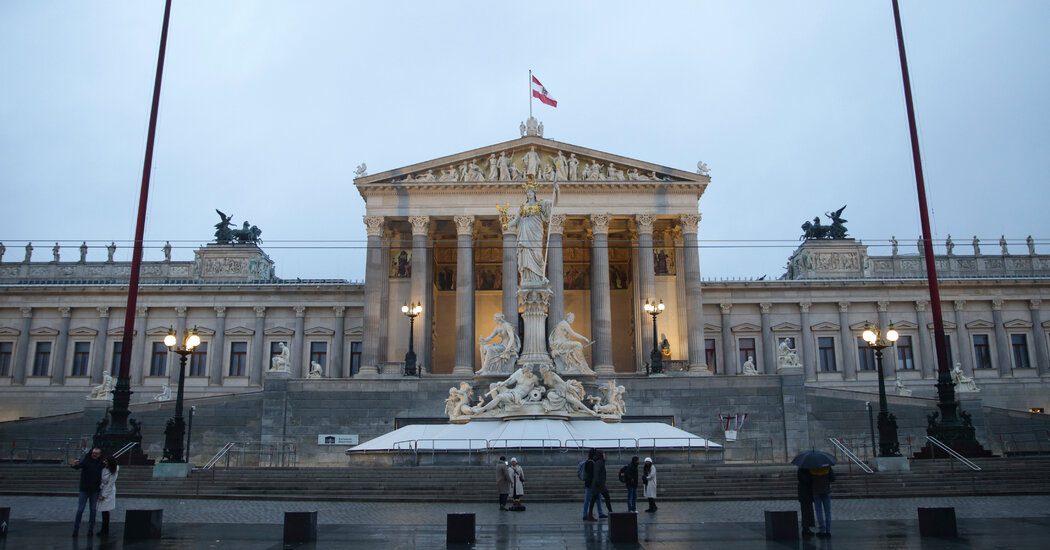

Three of Austria’s major political parties announced on Thursday that they have successfully reached an agreement to establish a new government, intentionally sidelining the far-right faction. This marks the conclusion of five months of intense negotiations following last autumn’s election.
The coalition plans to unveil its ministerial appointments on Friday, with Christian Stocker, leader of the People’s Party—the largest partner in the coalition—expected to assume the role of chancellor.
This newly formed government will comprise both left- and right-leaning parties, intentionally excluding the far-right Freedom Party, which secured the highest vote percentage in the September elections.
Historically, the Freedom Party was established in the 1950s by former Nazi soldiers and has campaigned on a platform advocating for the deportation of immigrants and the prohibition of political expressions of Islam. They aimed to join the ranks of hard-right parties gaining influence across Europe.
Initially, mainstream parties were reluctant to collaborate with the Freedom Party in their government formation attempts, leading to unsuccessful negotiations last month. Following that, the conservative People’s Party engaged in talks with the Freedom Party, which could have led to Herbert Kickl, the far-right party’s prominent leader, becoming chancellor.
However, those discussions also fell through, prompting a final endeavor by the mainstream parties. On Thursday, the People’s Party, Austrian Social Democrats, and NEOS—a liberal party—publicly announced their coalition agreement, alongside a comprehensive 200-page governance plan set to guide the nation over the next four years.
While the primary focus of this plan is on budgeting and economic strategies, it also addresses migration policies, including a proposed ban on headscarves for young girls, reflecting elements of the Freedom Party’s agenda.
The far-right faction has seen a surge in popularity since last fall, currently polling at nearly 35%. Should this coalition falter, the Freedom Party is well-positioned to emerge as a significant beneficiary.








